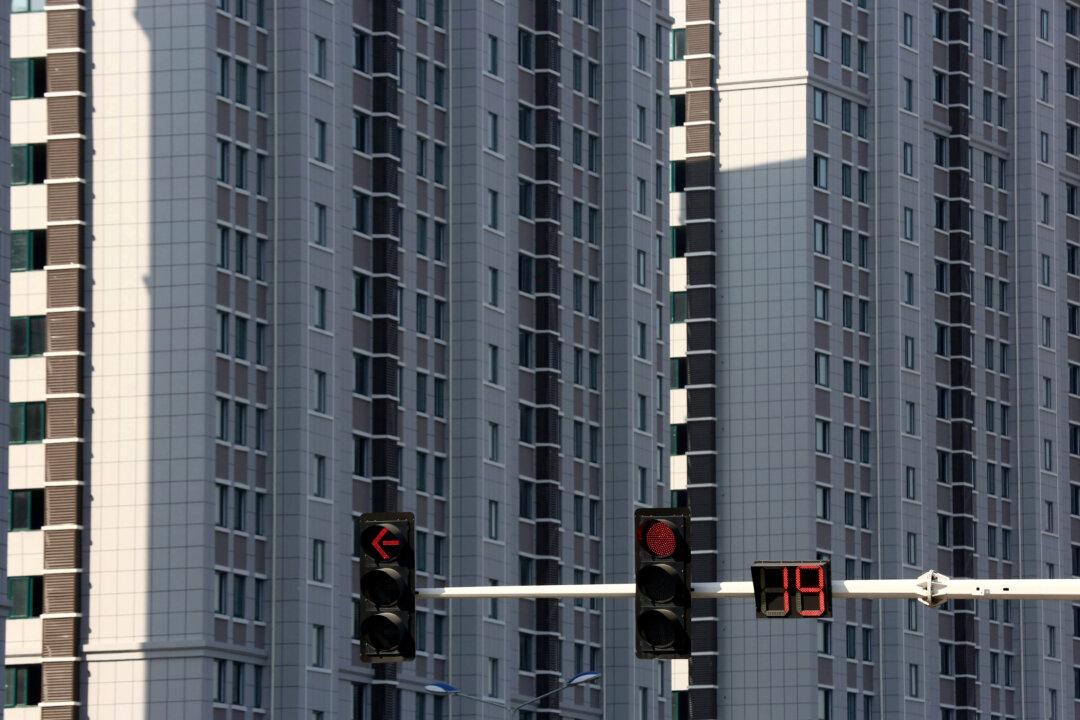BEIJING—China’s massive property market is expected to cool further in 2019, with smaller price rises and falling home sales adding to pressure on the world’s second-largest economy, a Reuters poll showed.
Smaller cities, which have seen sharper price gains this year, may face greater risks of a slump as economic activity slows and financing conditions remain tough for smaller developers.





